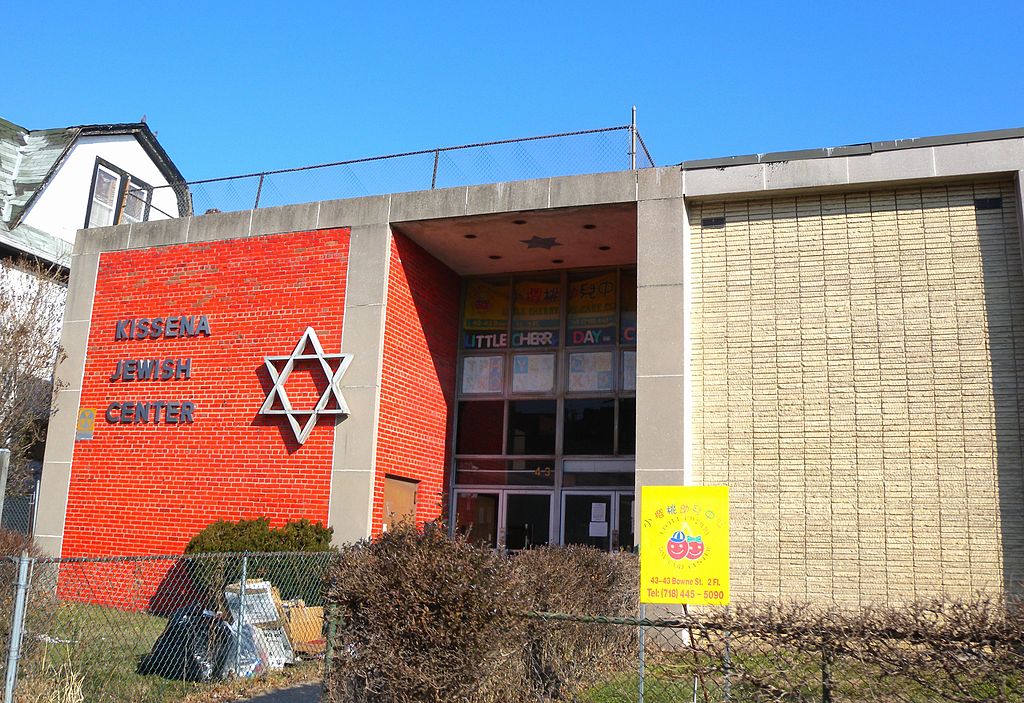
By Krishna N. Das
COX’S BAZAR, Bangladesh (Reuters) – The United Nations’ refugee agency has asked Bangladesh to allow it to negotiate with the United States, Canada and some European countries to resettle around 1,000 Rohingya Muslims living in the South Asian nation, a senior official at the agency said.
Tens of thousands of Rohingya live in Bangladesh after fleeing Buddhist-majority Myanmar since the early 1990s, and their number has been swelled by an estimated 69,000 escaping an army crackdown in northern Rakhine State in recent months.
The United Nations High Commissioner for Refugees (UNHCR) would push for resettlement of those most in need, despite growing resistance in some developed countries, particularly the United States under President Donald Trump, UNHCR’s Bangladesh representative, Shinji Kubo, told Reuters on Thursday.
“UNHCR will continue to work with the authorities concerned, including in the United States,” Kubo said.
“Regardless of the change in government or government policies, I think UNHCR has a clear responsibility to pursue a protection-oriented resettlement program.”
Kubo said 1,000 Rohingya refugees had been identified as priorities for resettlement on medical grounds or because they have been separated from their family members living abroad.
“Resettlement will always be a challenging thing because only a small number of resettlement opportunities are being allocated by the international community at the moment,” Kubo said in an interview. “But it’s our job to try to consult with respective countries based on the protection and humanitarian needs of these individuals.”
H.T. Imam, a political adviser to Bangladesh Prime Minister Sheikh Hasina, said the resettlement proposal was “unrealistic” due to reluctance in the United States and Europe to take further Muslim refugees.
Reuters reported this month that officials at an Australian immigration center in Papua New Guinea were increasing pressure on asylum seekers to return to their home countries voluntarily, including offering large sums of money, amid fears a deal for the United States to take refugees had fallen through.
Canada, Australia and the United States were the top providers of asylum to Rohingya Muslims who came to Bangladesh from Myanmar before Dhaka stopped the program around 2012. A Bangladesh government official said it was feared the program would encourage more people from Myanmar to use it as a transit country to seek asylum in the West.
Canada has said it would welcome those fleeing persecution, terror and war, after Trump put a four-month hold on allowing refugees from seven Muslim-majority countries into the United States, an order since suspended by a U.S. district judge.
HOPING FOR ACCESS
The UNHCR supports around 34,000 refugees living in two government-registered camps in the Bangladesh coastal district of Cox’s Bazar, but a greater number of Rohingya live in makeshift settlements nearby, unregistered and officially ineligible to receive international aid.
Kubo said he had asked Bangladesh to give the UN access to all the refugees who have recently arrived, adding that UNHCR and other international agencies were also willing to provide aid to poor Bangladeshis living near the refugee settlements to counter local resentment at the influx.
Hasina adviser Imam said providing aid to the new refugees and its citizens was the responsibility of the government.
Myanmar said late on Wednesday that a security operation that began after nine police officers were killed in attacks on border security posts on Oct. 9 had now ended.
A report released by the UN Office of the High Commissioner for Human Rights on Feb. 3 gave accounts of mass killings and gang rapes by troops during the operation, which it said probably constituted crimes against humanity.
Two UN sources have separately told Reuters that more than 1,000 Rohingya may have been killed in the crackdown.
Northern Rakhine has been locked down since October, and Myanmar has not said when aid groups or reporters might be allowed in.
“We’re now hoping for immediate access to the affected areas in northern Rakhine as soon as possible with our resources, our protection expertise,” Kubo said. “That will also have a positive impact on what is happening in Bangladesh at the moment.”
(Reporting by Krishna N. Das in COX’S BAZAR; Additional reporting by Serajul Quadir in DHAKA; Editing by Alex Richardson)











